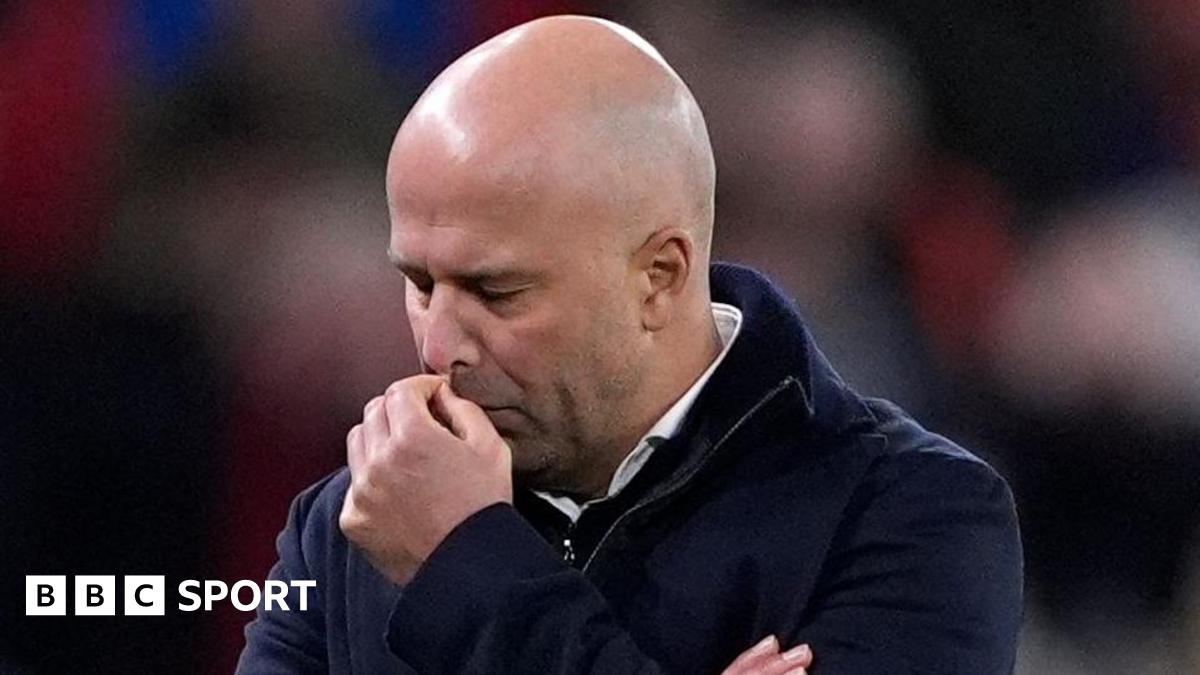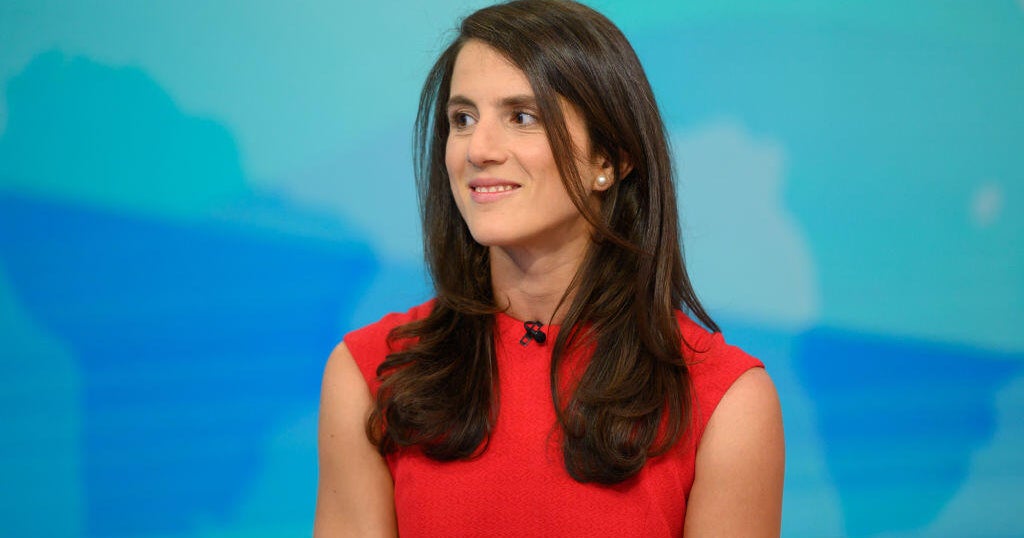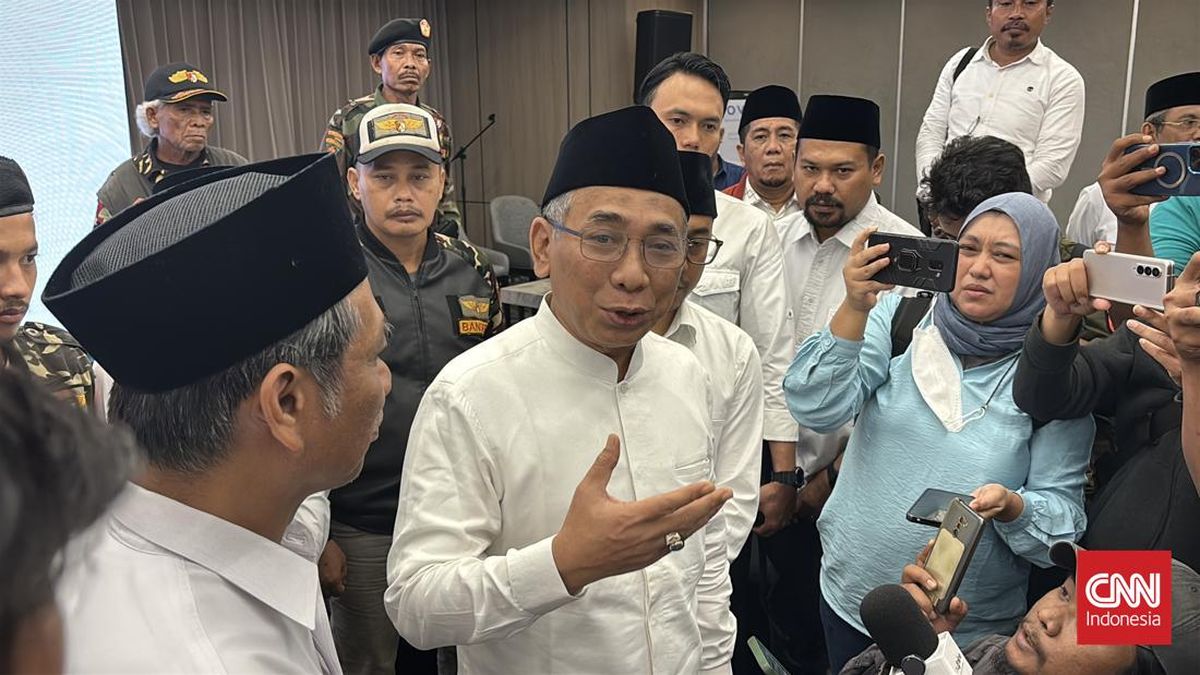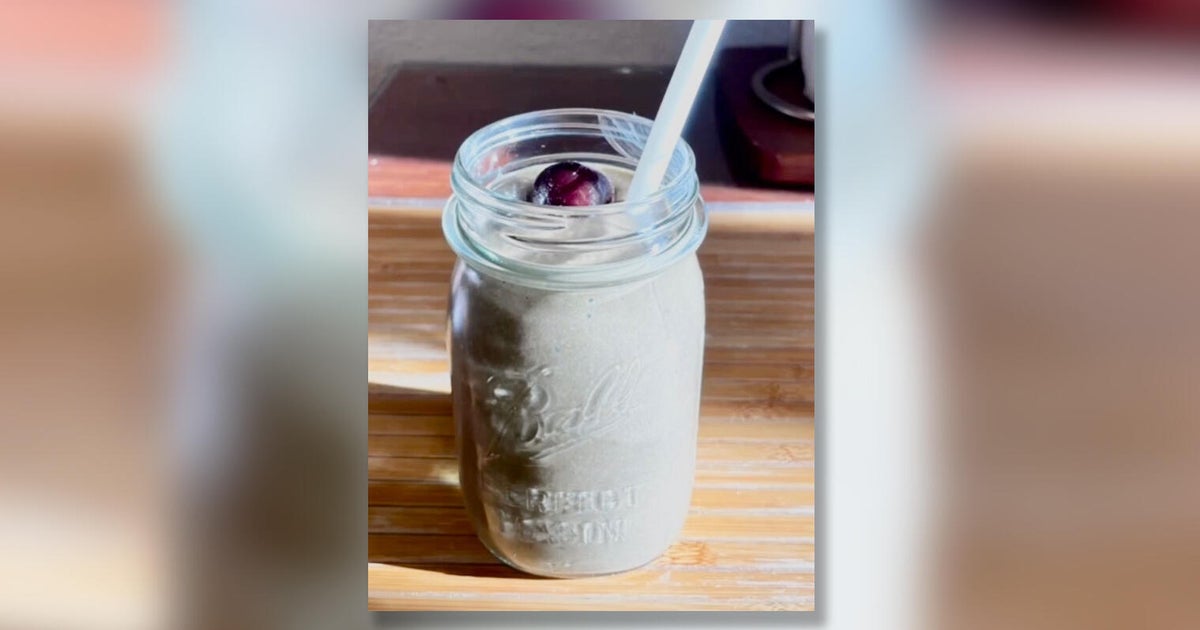Australia’s largest medicinal cannabis company has rejected concerns over its high-volume prescribing, arguing its doctor who issued 72,000 prescriptions to more than 10,000 patients in a two-year period had followed strict rules.
The company, Montu, initially told this masthead in July that none of its doctors issued anywhere near that volume of scripts, when asked to confirm leaked data.
It then backtracked, confirming that a single doctor had issued that number of scripts but describing them as an “outlier”.
Following this masthead’s publication of the data, which prompted concern from policymakers and experts, Montu’s executive director and vice president, Rhys Staley, sent an internal message to staff on Wednesday dismissing the reporting.
“What was reported as 72,000 scripts actually equates to 27,231 treatment plans (around 2.5 per patient over two years),” Staley wrote.
That, he said, reflected “safe trial-and-response care, not overprescribing”.
Montu’s spokesman said in a statement that the company still believed the doctor was an outlier but insisted the statistics were not evidence of a lack of due care.
He said comparisons of script numbers with those seen elsewhere in medicine needed to treated carefully because under legislative controls every variation of a cannabis medicine “requires its own individual prescription”.
Staley said Montu was “proud of [its] sector-leading approach”, claiming a mandatory 20-minute nurse consultation for every patient.
Meanwhile, the federal medical regulator has stepped up investigations into doctors prescribing cannabis. More than 20 practitioners are under review for potentially putting profit ahead of patient safety.
And discussion of the issue has prompted a prominent drug policy reform group to say broader cannabis reform is urgently needed, to allow “carefully regulated adult-use cannabis access” that sits outside the medical system.
This masthead revealed high-volume prescribing at Montu using leaked company documents that showed just eight of the company’s doctors together issued 245,109 scripts in the two years to June 30 this year, an average of 295 scripts per doctor for a standard five-day working week.
The revelations prompted alarm among medical experts and health officials about the scale and speed of prescribing in Australia’s booming cannabis sector.
Loading
Federal Health Minister Mark Butler responded by warning of “unscrupulous and possibly unsafe behaviour” in the industry.
Asked on Monday about the 72,000 scripts, Butler said that while medicinal cannabis had provided “a lot of relief to a lot of people, from kids with epilepsy right up to adults with really hard-to-treat mental health issues”, there were “some business practices that have emerged that are, frankly, unsafe and certainly unscrupulous”.
He said he had asked regulators to advise all health ministers “on how to regulate this industry in a more safe way.”
The Australian Health Practitioner Regulation Agency oversees doctors, nurses and other practitioners nationally. It has taken formal action against 57 practitioners over medicinal cannabis prescribing, and a rise in complaints from patients and health professionals led it to identify more than 20 practitioners, most of them red-flagged due to high patient and prescription numbers.
An AHPRA spokesperson said these clinicians must justify their prescribing practices or face regulatory action.

Montu’s Circle brand of cannabis.Credit: Reddit
Montu, owner of the Alternaleaf brand, operates a vertically integrated model; its 120 nurses and doctors conduct telehealth consultations and its pharmacy arm dispenses products, including its in-house brands “Circle” and “Sundaze”.
Since medical cannabis was legalised in 2016, the company’s “closed loop” model has put it at the forefront of the industry’s rapid expansion. Montu’s revenue grew from $103,000 in 2020 to $263 million in 2024.
Its claims that its clinics are not high turnover are at odds with the experience of 10 of its former clinicians, speaking on background, who told this masthead that consultations were often extremely brief.
One leaked document showed consultations were scheduled for 10 minutes, and clinicians said they were often far shorter.
“When you’re starting to do five-minute sessions, you’re literally not even talking to the patient,” one former prescribing doctor said in Monday’s story. “You’re just giving them cannabis.”
Concerns about the structure of the medicinal cannabis industry are also being raised by public health bodies.
Dr Jake Dizard, director of research at the Penington Institute, said medicinal cannabis had delivered benefits to many but warned that the system was now being pushed well beyond its original intent.
Loading
“Too often, unscrupulous doctors and companies are putting profits over patients’ interests,” he said.
Dizard said demand for cannabis in Australia was “high and persistent, so leaving the medical system as the only legal access point creates bad incentives to expand client volume at the expense of quality care”.
The ability of companies to both prescribe and dispense cannabis created conflicts of interest and transparency problems, he said.
“Medical cannabis shouldn’t be an opaque industry where big companies both prescribe and dispense their own products.”
Loading
Dizard said broader cannabis reform might ultimately be necessary to relieve pressure on the medical system.
“Governments should embrace comprehensive cannabis legalisation and strict regulation to take pressure off the medical cannabis system. Separating out medicinal and non-medicinal cannabis and establishing carefully regulated adult-use cannabis access is an essential part of the solution.”
Start the day with a summary of the day’s most important and interesting stories, analysis and insights. Sign up for our Morning Edition newsletter.
Most Viewed in National
Loading


















































